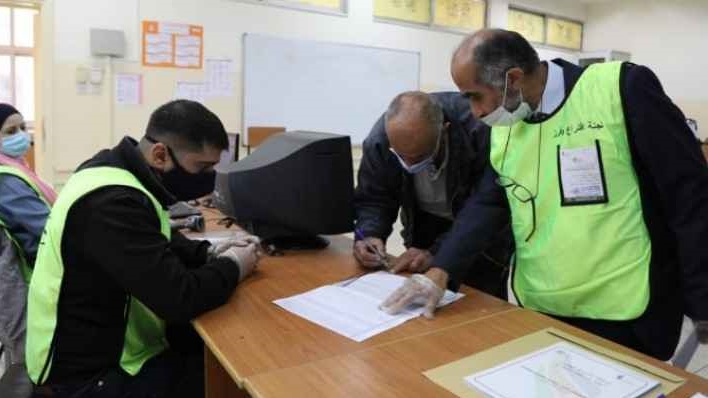The results of the Jordanian parliamentary elections were announced on Thursday, November 12. As per the results announced by the Independent Election Commission of Jordan, the pro-government factions and leaders scored well amid a historically low voter turnout. Only 29.9% of all eligible voters turned up to cast their votes on Tuesday, November 10.
As per the results announced on Thursday, pro-government figures and independents won a majority of seats with a large number of them from military backgrounds. Out of 130 elected members, 100 are first-time winners. According to the Al-monitor, only 16% winning candidates have any political affiliation, with Muslim Brotherhood’s Jordanian version Islamic Action Front claiming victory in 11 seats. It had 15 seats in the last parliament.
There were around 4.5 million eligible voters. In the last parliamentary elections, the electoral turnout was around 36%.
Over 1,670 candidates were contesting from 294 lists. The country was divided into 23 electoral districts. The representatives are chosen on the basis of open list proportional representation from these 23 districts.
The voter turnout was lowest in the urban areas. The results also saw a significant decline in the number of women members of parliament. Only 15 women were elected to the parliament, down from 20 last time. Even these seats are those which are reserved for women.
The election for the 130-member House of Representatives were necessitated after King Abdullah II had dissolved the parliament in September.
As per the law in Jordan, a new parliament needs to be elected within four months after the dissolution of the existing. The term for the parliament in four years.
The House of Representatives (Majlis Al-Nuwaab) is the lower house of the two chambered Jordanian parliament called the National Assembly (Majlis al-Umma). The first chamber is called the Senate. The Senate or Majlis al-Ayan has 65 members appointed by the King.
Due to COVID-19-related restrictions, the campaign in the country was limited. Most of the candidates were forced to campaign online through social media platforms. Immediately after the voting, Jordan went for a four-day complete lockdown to prevent the rising number of new infections. On the election day, there were a record 5,996 new cases with 91 deaths.
Though the Jordanian parliament does not have much power and the king is the final authority, its members provide crucial aid and services to their electors mostly based on tribal affiliations and local contacts in the rural areas





